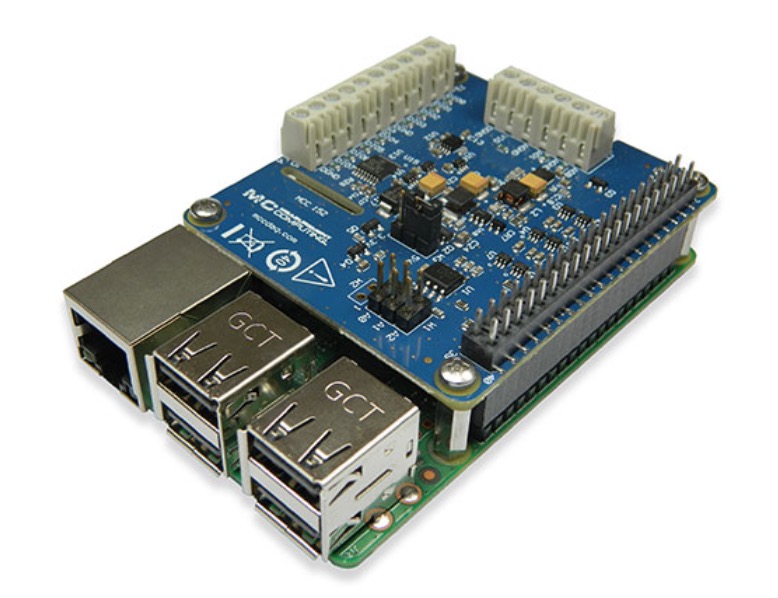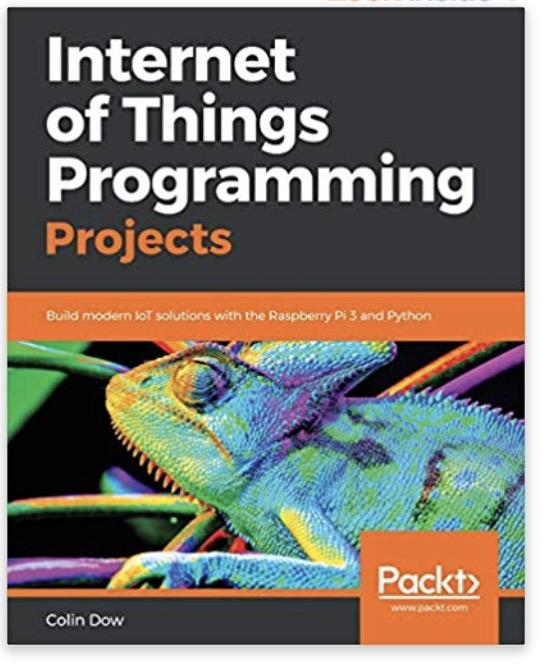Blog
Recent Posts
Voltage Output and Digital IO DAQ HAT for Raspberry Pi
Posted by on
Measurement Computing Corporation announced the release of their MCC 152 voltage output and digital I/O HAT for the Raspberry Pi. Many DAQ users are creating systems around the Raspberry Pi platform, and the growing base of Raspberry Pi users is making single-board-computers more common in professional DAQ applications.
The MCC 152 features two 0-5 V analog outputs with updates rates up to 5 kS/s. Eight digital I/O lines are included and configured as input or output on a bit-by-bit basis.
Up to eight MCC HATs can be stacked onto one Raspberry Pi board. In combination with the MCC 118, an eight-channel voltage measurement HAT, users can configure multifunction, Pi-based solutions with analog input, output, and digital I/O.
The open-source MCC DAQ HAT Library of commands in C/C++ and Python supports the development of Linux applications. The library is available for download from the GitHub website, and a comprehensive API and hardware documentation is also provided.
Internet of Things Programming Projects: Build modern IoT solutions with the Raspberry Pi 3 and Python
The Internet of Things (IoT) has managed to draw the attention of researchers and tech enthusiasts since it powerfully connects traditional networks with various instruments and devices.
Through Internet-of Things Programming Projects, we unleash the power of the Raspberry Pi in combination with the Python programming language to create engaging projects. In the first part of the book, you will be introduced to the Raspberry Pi, learn how to set it up, and then jump right into Python programming. Then, you will dive into real-world computing by creating a“Hello World” app using flashing LEDs.
As you work your way through the chapters, you go back to an age when analog needle meters ruled the world of data display. You learn how to retrieve weather data from a web service and display it on an analog needle meter, and build a home security system using the Raspberry Pi.
The next project has a modern twist, where we engage the Raspberry Pi to send a signal to a web service that will send you a text when someone is at the door. In the final project, you take what you learned from the previous two projects and create an IoT robot car that you can use to observe what your pets are up to when you are away.
 Loading... Please wait...
Loading... Please wait...


